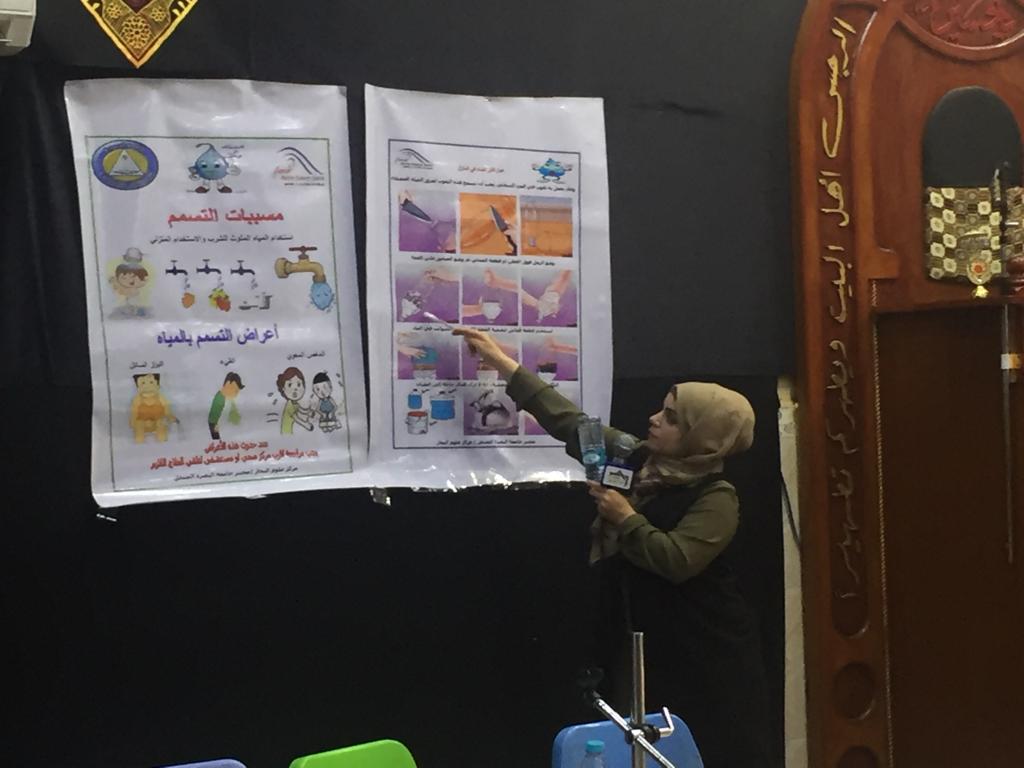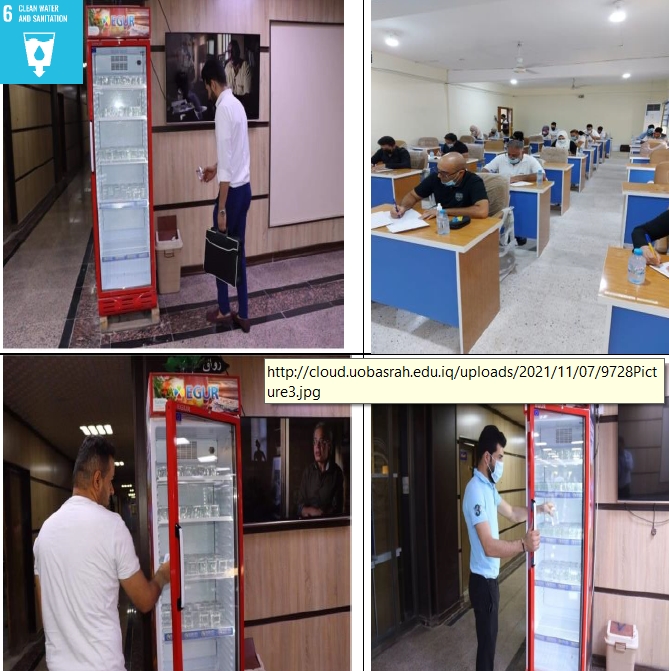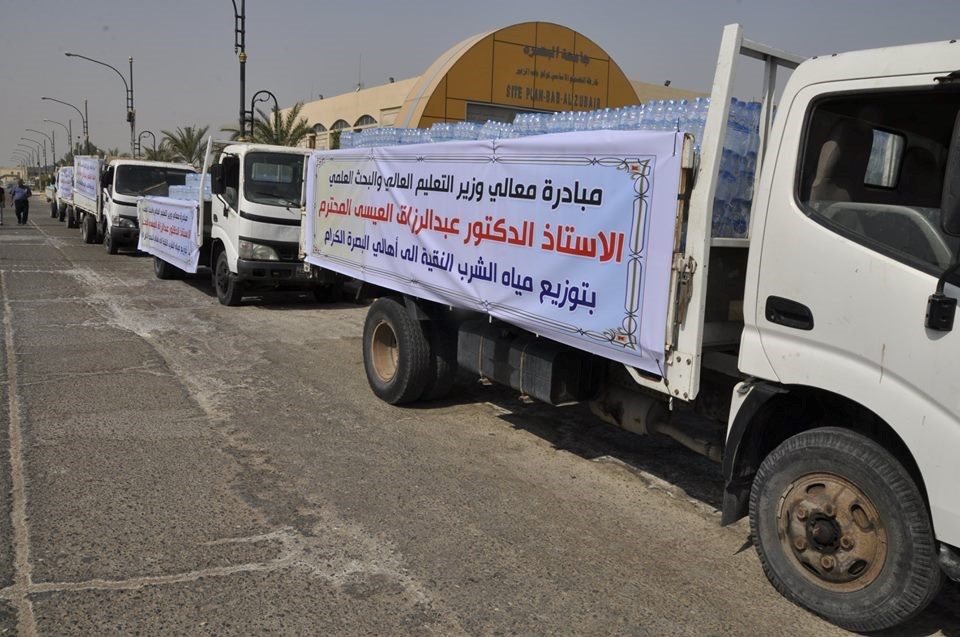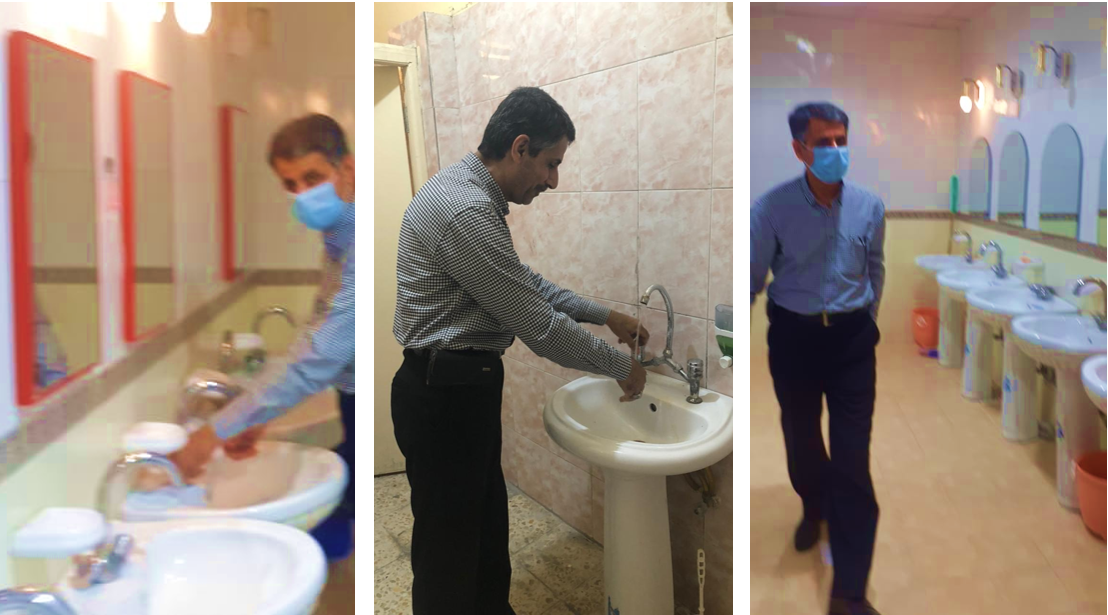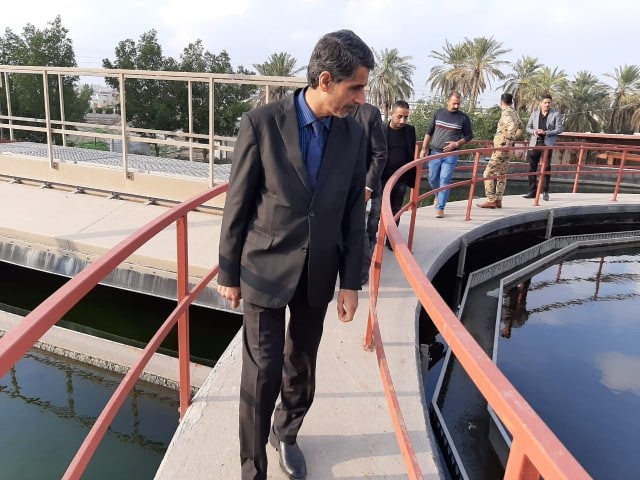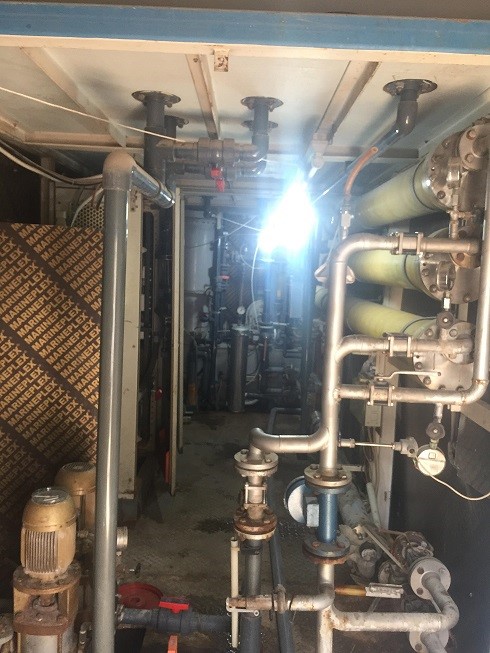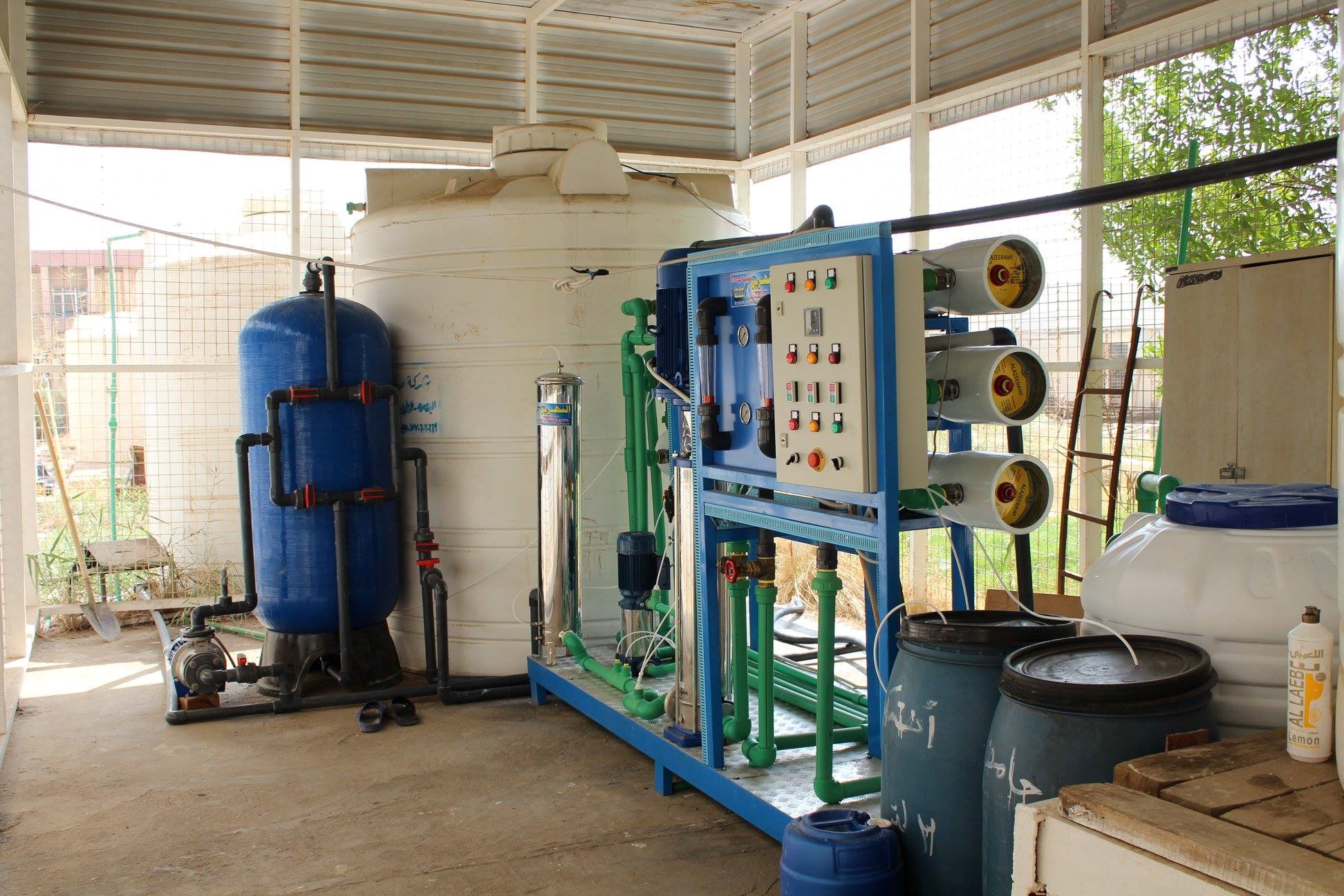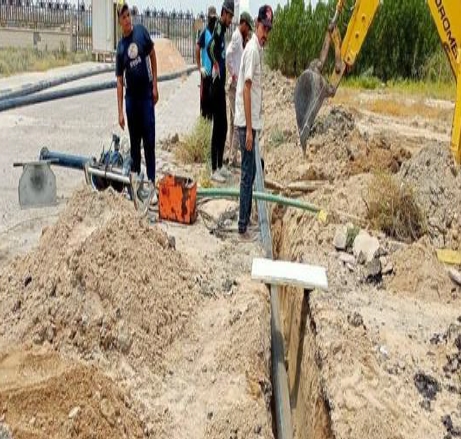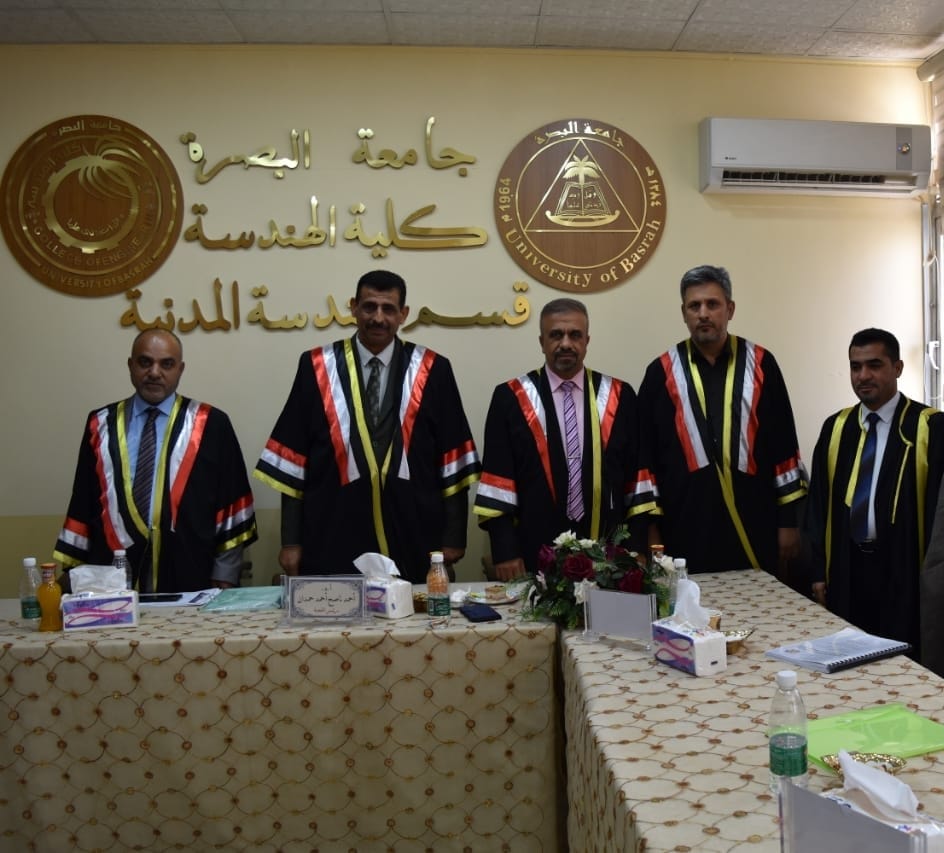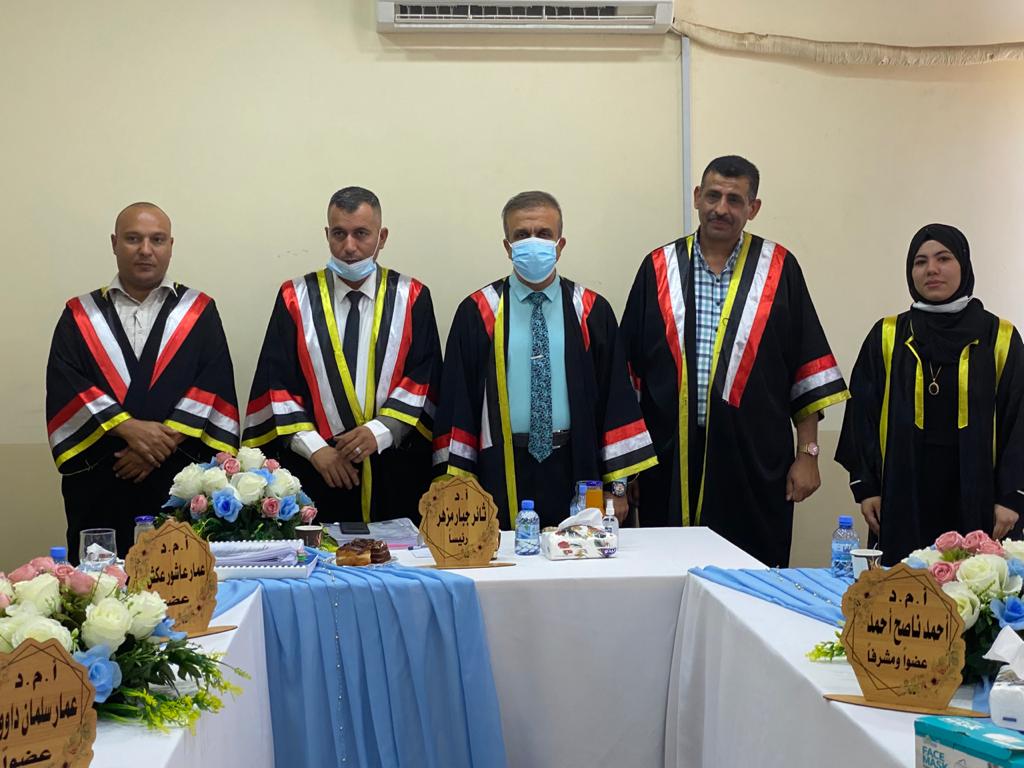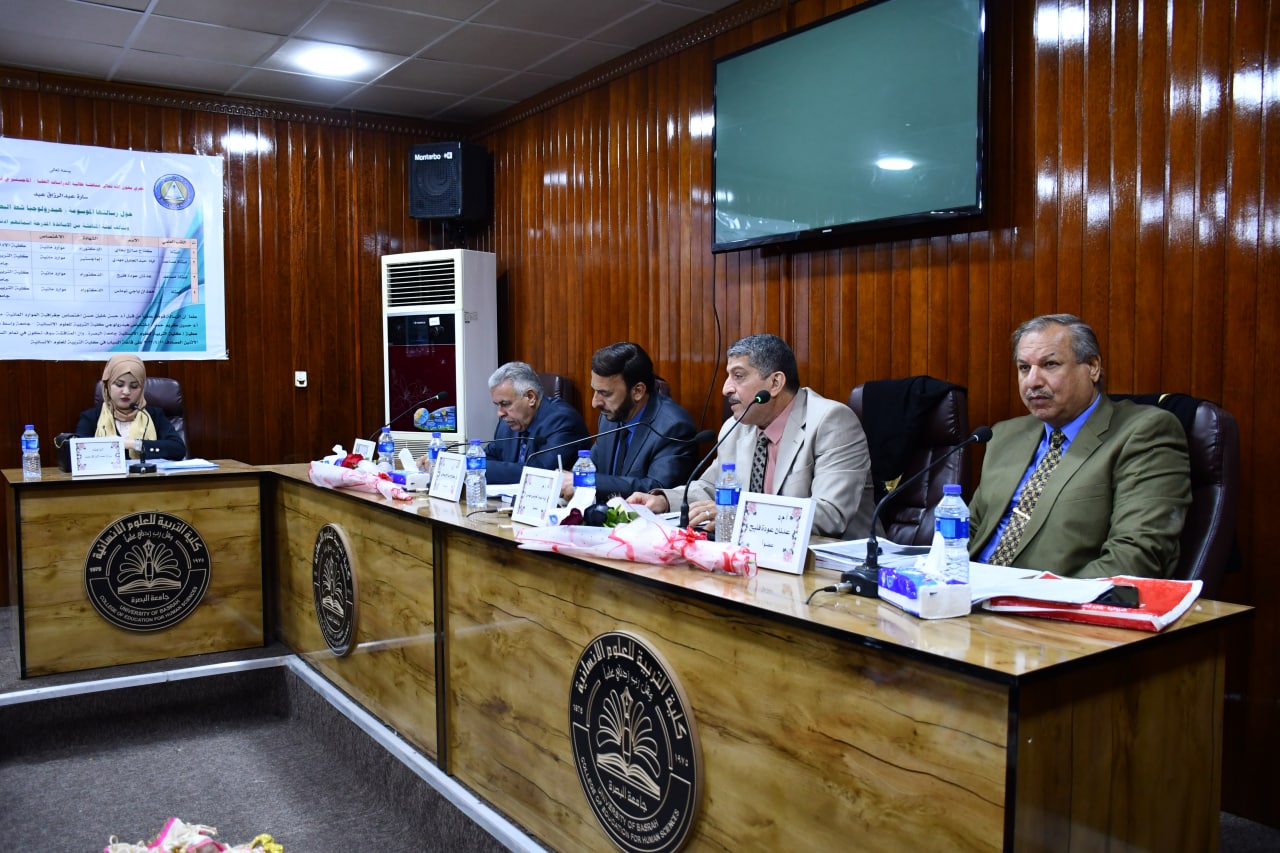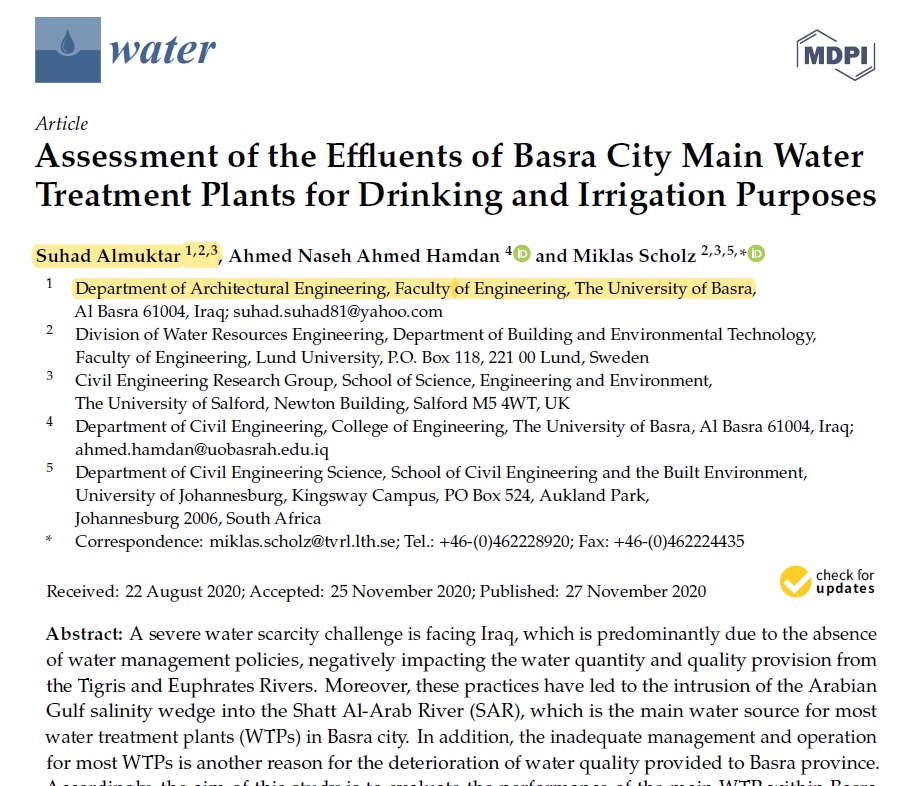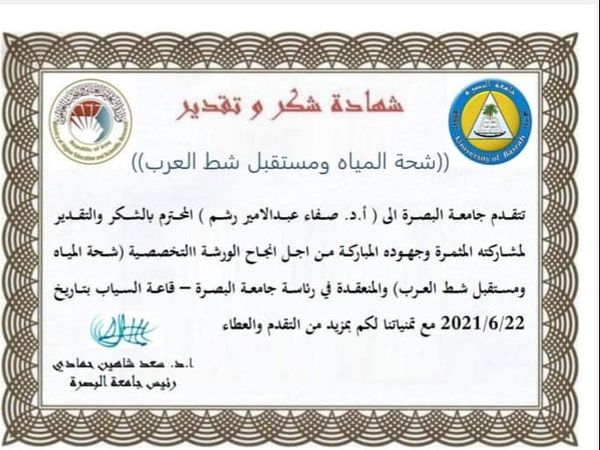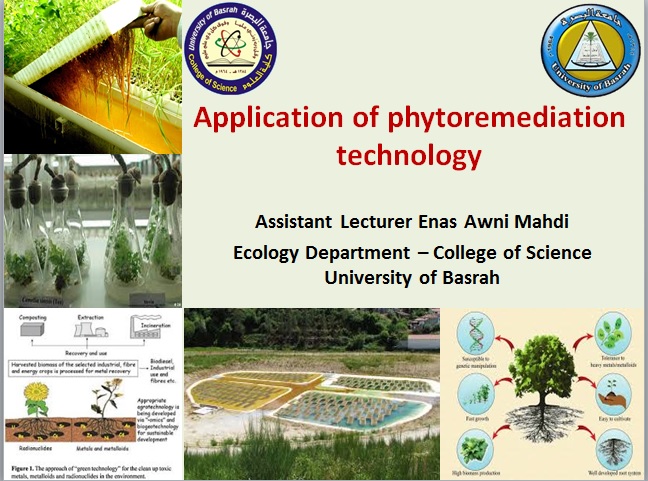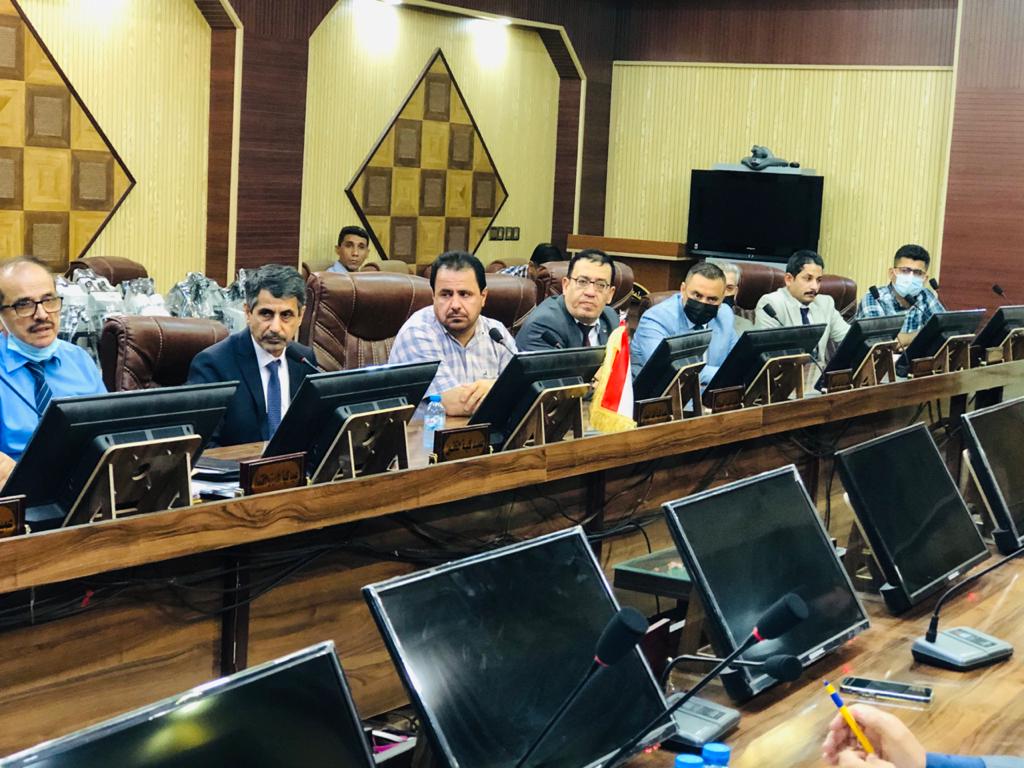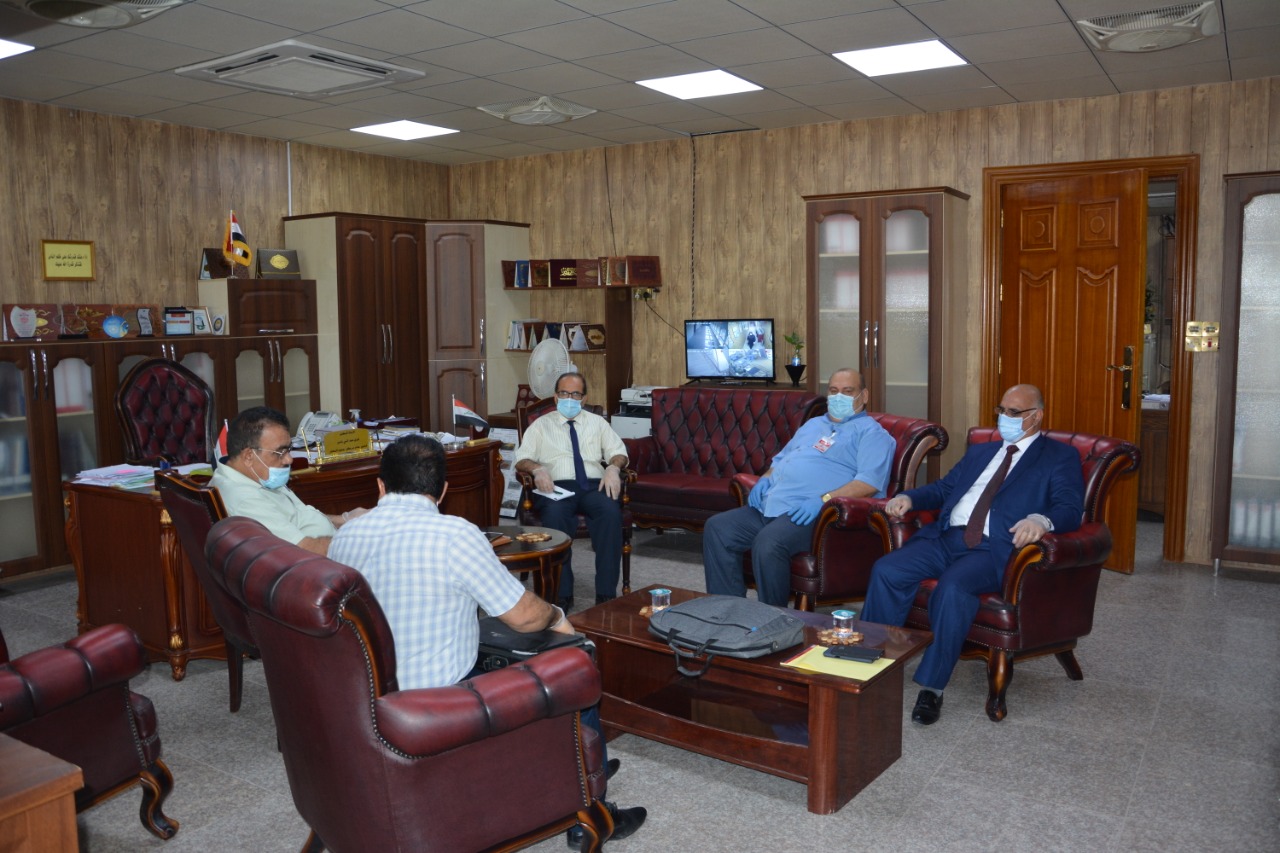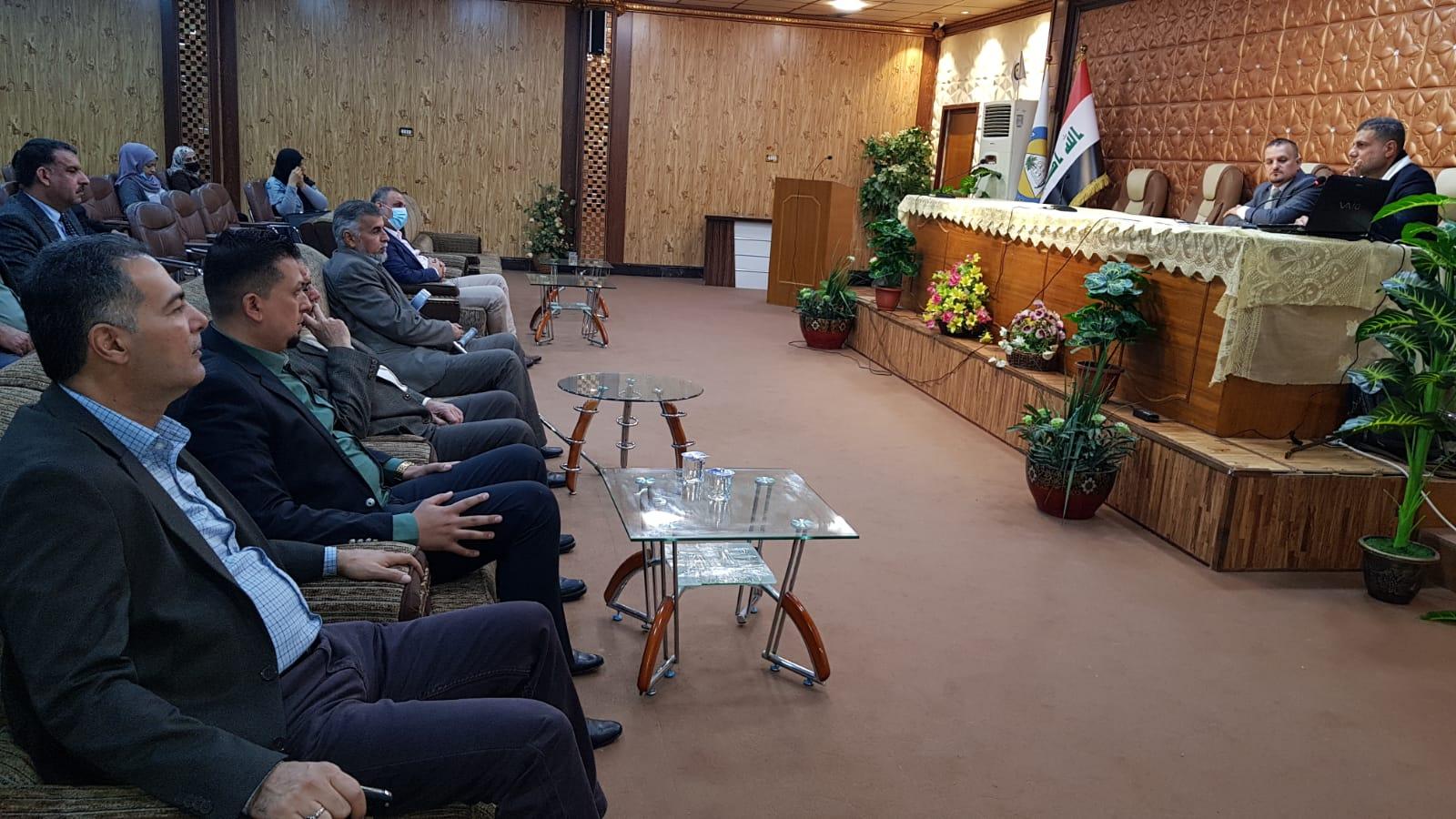![]()
![]()
Ensure Availability & Sustainable Management of Water & Sanitation for All
The University of Basrah adopts a clean drinking water liquefaction network that is completely isolated from the sewage network.
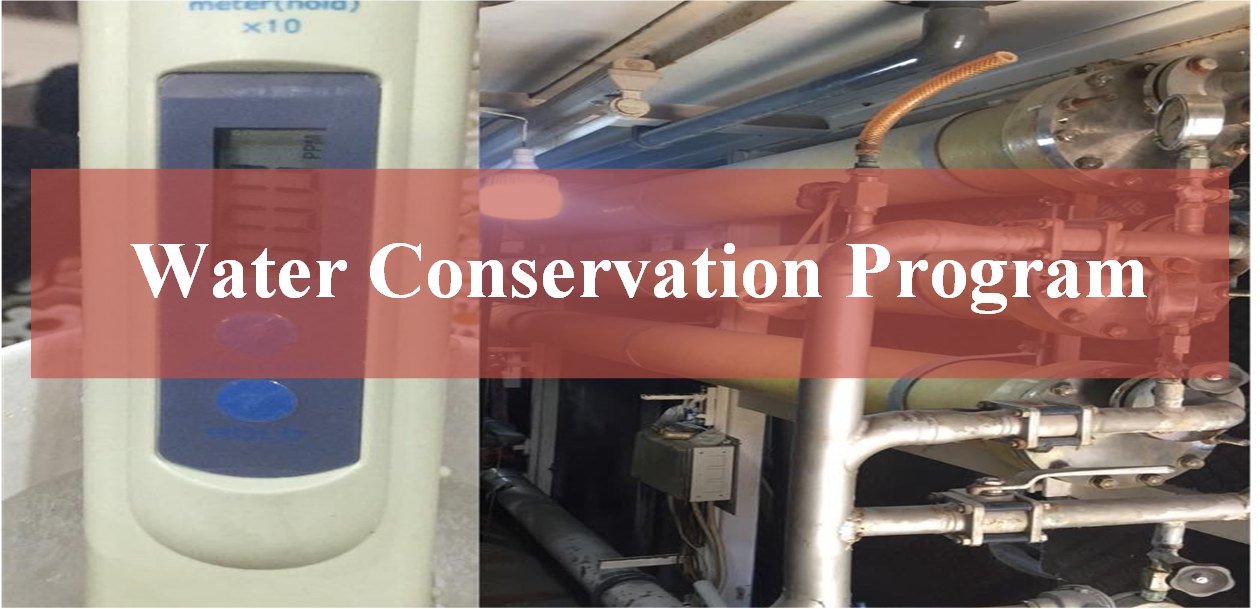
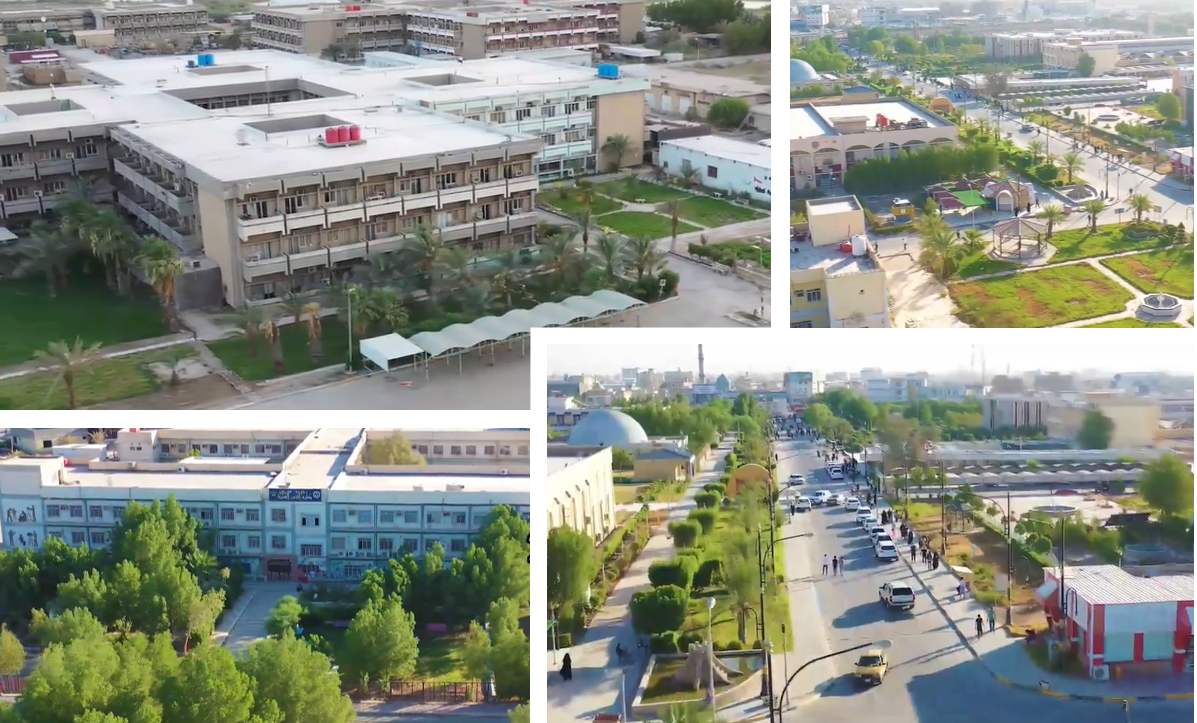
The University of Basrah is the oldest in the southern region of Iraq, as the university buildings are designed to meet the standards of an educational institution building. Certainly one of the most important building standards is the washing water network, the sewage network, and the network of rainwater drainage from all the rooftops of the university buildings. As the climate of the governorate is relatively humid,m in addition to the abundance of water in winter.
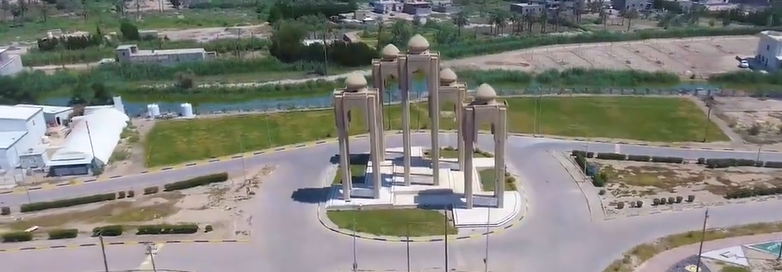
Each university campus has a different design according to the nature of the area in which it is located, so the rainwater drainage network varies according to the location of the campus. For example, each of Karmat Ali campus, the College of Medicine campus, and the Qurna campus are located in an area characterized by being close to rivers, and because the open and agricultural areas in it are vast, so rainwater is directed to those rivers or the surrounding agricultural areas while diverting some of the rainwater into the sewage network.
RO Water Station
The University of Basrah owns a water desalination plant (R0 water) with a production capacity of 5 tons per hour affiliated to the College of Agriculture near the palm plantation field located near the College of Engineering.
On-campus Free Water
Providing safe drinking water for teachers, staff, and students, all faculties equip a vertical refrigerator to store purified bottled drinking water, which is provided daily for free so that everyone can benefit from it.
Off-Campus Free Water
The University of Basrah regularly provides safe drinking water for some faraway areas in Basrah province.
Storage of Washing Water
The University of Basrah adopts the same policy followed in all public buildings, the principle of storing washing water in large and numerous tanks for later use because it is subject to specific pumping periods. The tanks are placed on the rooftops of buildings to give pumping speed to all floors of the building, and certainly, because the water pumping is at certain times of the day, so the university uses taps with low water flow in each of the bathrooms, sanitary facilities, and washbasins, as well as using a policy of regulating the use of water in sanitary facilities using control devices that stop the flow of water when the tank is full. We aspire to expand the use of automatic stop taps to reduce the use of clean water.
Water Reservoirs
The university owns rainwater reservoirs , which are used to water agricultural crop and animals. The university owns many desalination and distillation stations for the purpose of self-sufficiency with drinkable water and distilled water for laboratory use.
Desalination
Basrah Governorate faces a serious problem, which is an increase in water salinity during summer, due to incorrect policies used by neighboring countries to reduce water allocations of Iraq because they have the tributaries of Iraqi rivers, which led to a decrease in water levels in Shatt al-Arab and a rise in the salt wedge from the Arabian Gulf towards Shatt al-Arab, making its water undrinkable. Salinity changes from year to year due to the amount of rain falling on Iraq during the rainy season. The University of Basrah, as an educational institution, has presented many studies and research in this field. It has also adopted a project to install desalination plants to produce sterile RO water, which is completely consumed in drinking and research uses.
distillation
The beside image is a distillation station.
Storing washing water
Storing washing water in large and numerous tanks for later use because it is subject to specific pumping periods. The tanks are placed on the rooftops of buildings to give pumping speed to all floors of the building.
New Water Pipes.
Feeding new 10 buildings at the University of Basrah with new modern water lines and pumps.
Thesis
Master's thesis at the University of Basrah discussing (modeling hydrodynamics and water quality of the Al-Hawizeh Marsh).
Thesis
A Master's Thesis at The University of Basrah Discusses (a GIS-based analysis of the deterioration of the quality of water leaving water treatment plants in Basrah City).
Thesis
Master's thesis at the University of Basra discussing the hydrology of the Basrah Shatt. See more details
Seminar
The University of Basrah hold a seminar on physical treatments of raw and waste water. See more details
Research on MDPI
Assessment of the Effluents of Basrah City Main Water Treatment Plants for Drinking and Irrigation Purposes.
Symposium
Workshop
University of Basrah organizes a workshop on solutions to water crises in Basrah.
Wastewater Bioremediation
The University of Basrah organizes a seminar entitled (Activity of some algae to wastewater Bioremediation).
Thesis
The College of Science is discussing a master's thesis on Evaluating and Improving Shatt Al-Arab River.
Workshop
The University of Basrah organized a workshop on the Technology of phytoremediation.
The University of Basrah aspires to:
-Expanding the scope of the wastewater recycling program to include all university formations.
-Increasing the number of tanks to accommodate larger quantities of rainwater.
-Increasing the number of desalination plants.
-Increasing financial allocations to support research projects in the field of clean water.
Research on MDPI
Assessment of the Effluents of Basrah City Main Water Treatment Plants for Drinking and Irrigation Purposes.
Water Educational Programe
University of Basrah Students and teacher works together for helping citizen in Basrah province learn the good management of water.
Salinity of Shat Al-arab problem
A meeting on the organizational dam and the water situation in the province was held at the University of Basrah. the construction of a dam on the Shatt Al-Arab, stressing the university’s support to all relevant authorities, indicating the most important strengths for the construction of the dam in addition to clarify the reasons for the increase in salinity in the waters of the Shatt al-Arab and its negative effects on the lives of citizens.
Data Collection Project
A meeting took place at the Marine Science Center to perform the project of collection of water data according to the years and the preparation of programs to predict changes in addition to a database on the university’s website and an emphasis on checking the data before using it.
Dissertation
Workshop
More Multimedia
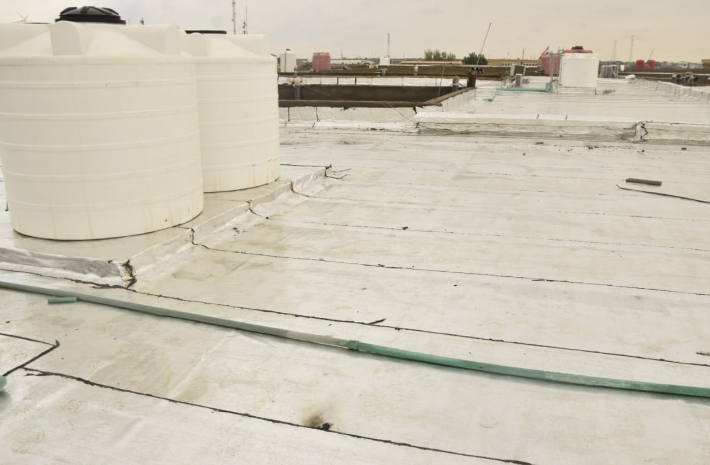
Water Conservation System
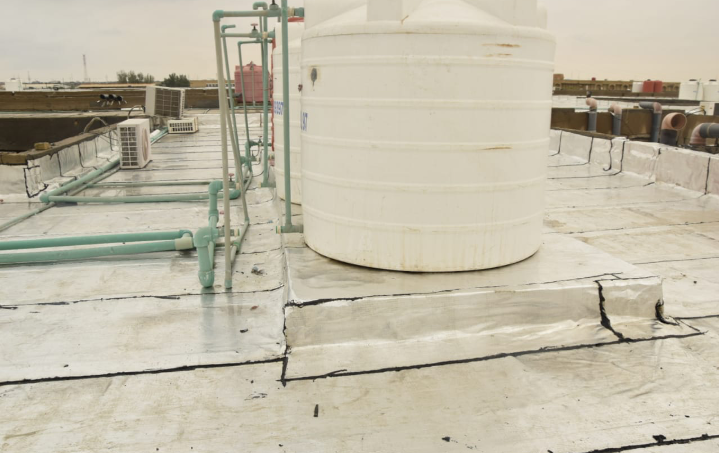
Water Conservation
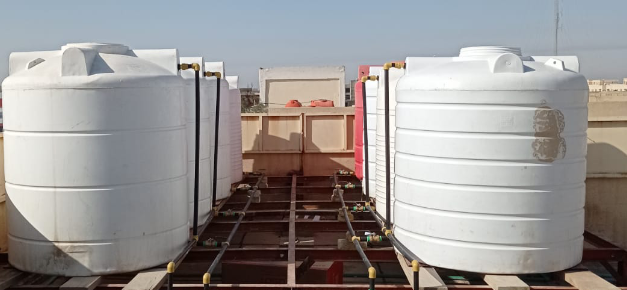
Water Conservation
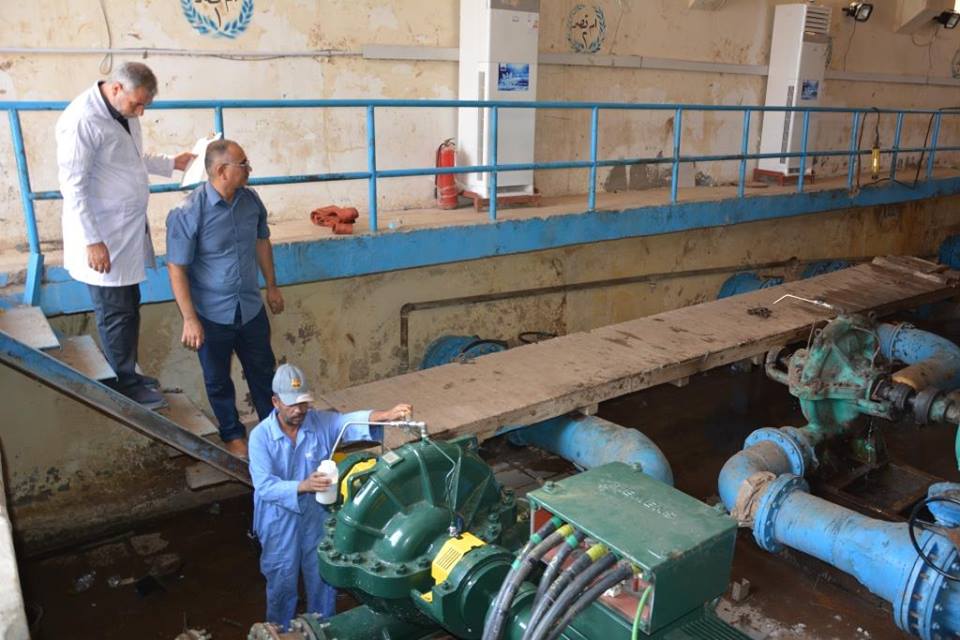
Water Conservation
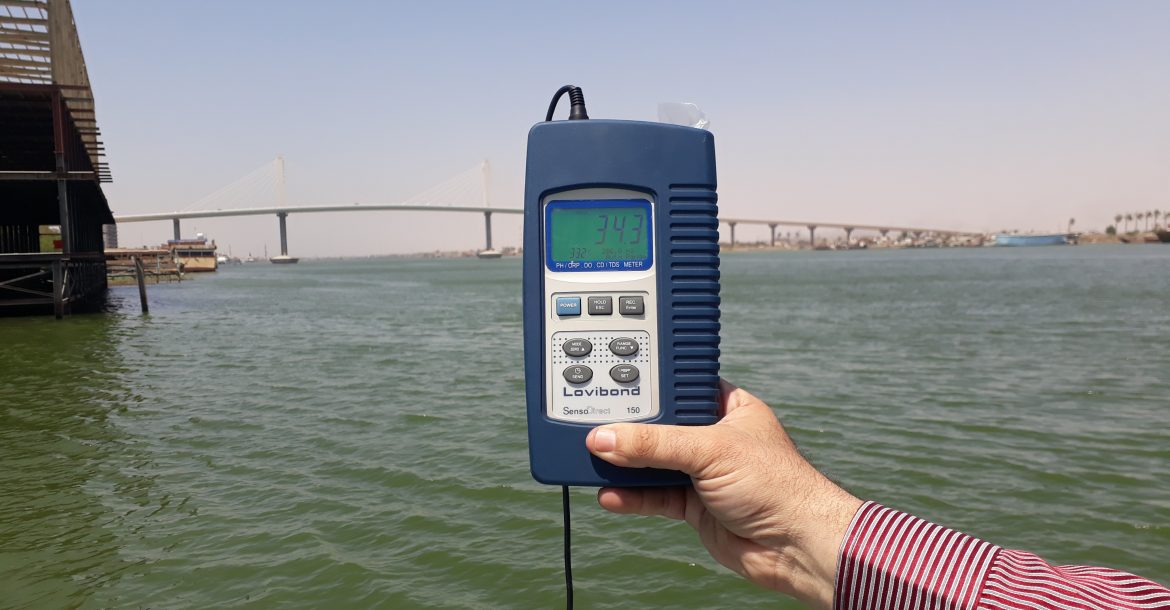
Water Conservation
